Year 1 Teaching & Learning
Term 3 2025
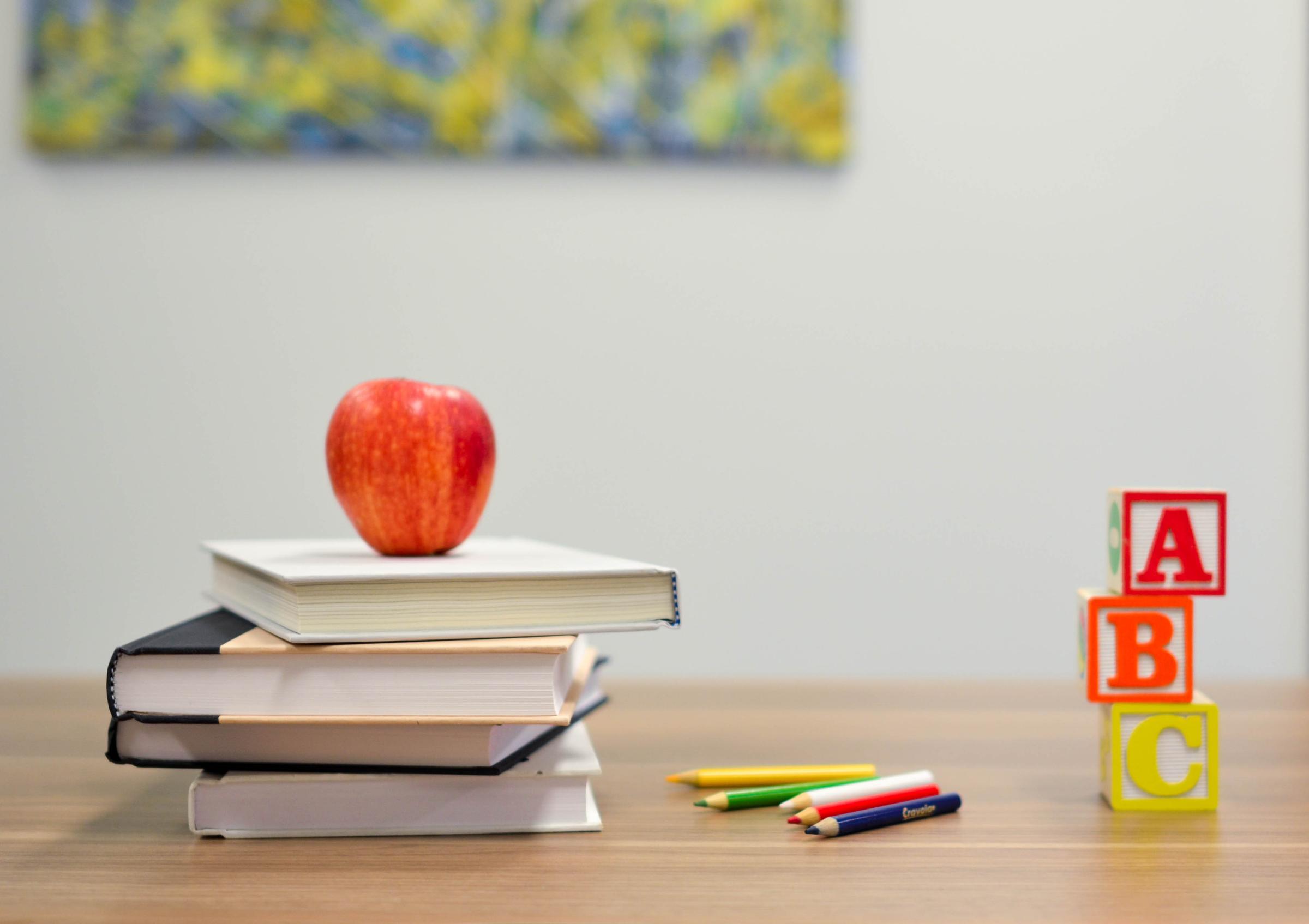
Year 1 Teaching & Learning
Term 3 2025
This term, teachers will continue using InitiaLit in classes to teach reading. The Term 3 InitiaLit ‘On the Mat’ program continues exploring different sounds and the letters used to represent them, including how to sound out words with suffixes like 'ed' for past tense and 'y' for adjectives. The program also teaches about contractions, which are words made by combining two words (like "can't" from "cannot"). Children will continue to learn new tricky words, which are common words that don’t follow regular spelling rules. They will also learn about prefixes like 'un' and how to read multi-syllable words. Each lesson includes reviews to help reinforce previous learning. After the lesson on the mat, the teacher will work with different groups of students to help them read words, sentences, and stories using all the sounds and letters they have been taught.
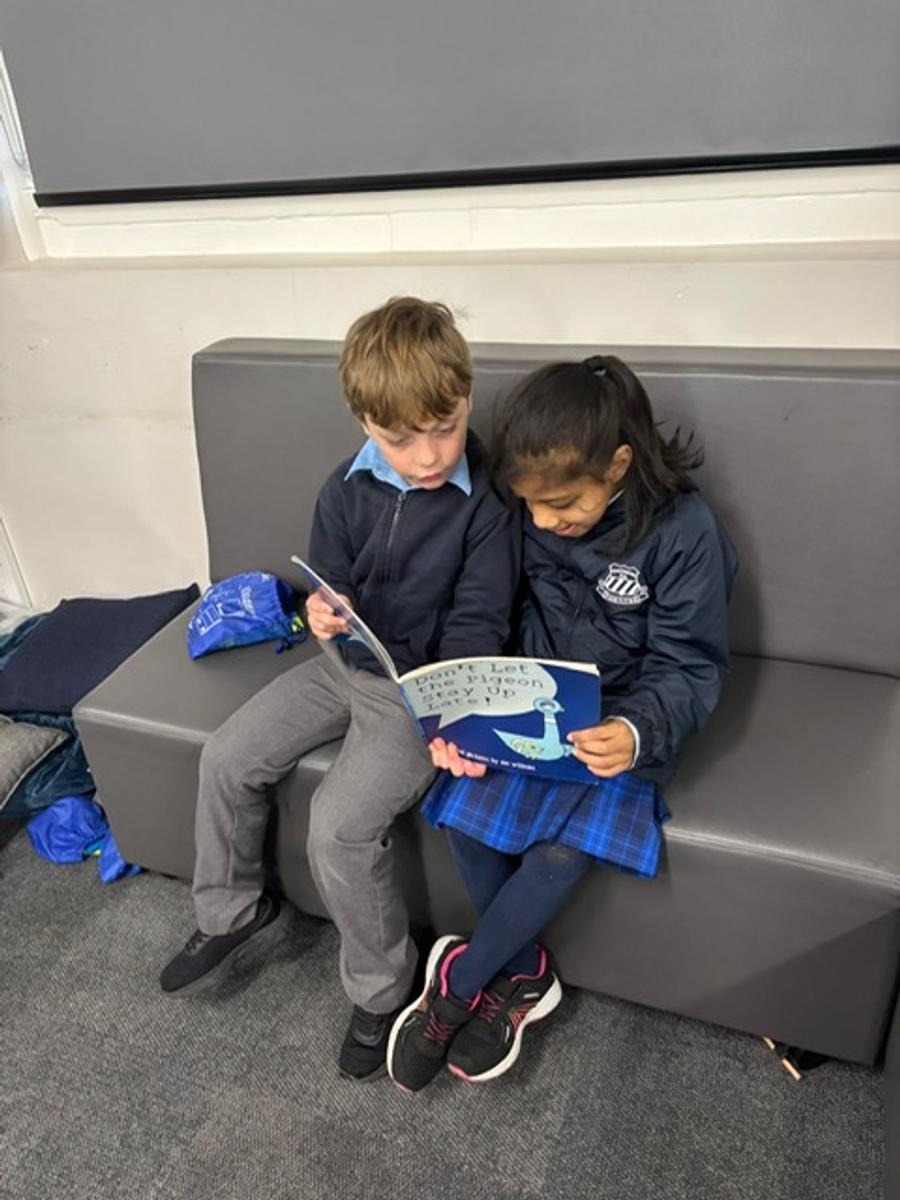

InitiaLit incorporates engaging storybooks to boost vocabulary and oral language skills. Over four teaching sessions, students enjoy a storybook and learn three new vocabulary words. They participate in fun activities to understand when and how to use these words, while also discussing the book's themes and connecting the story to their own experiences. These sessions help students use new words, express their thoughts in full sentences, improve their listening comprehension, and develop a love of reading.
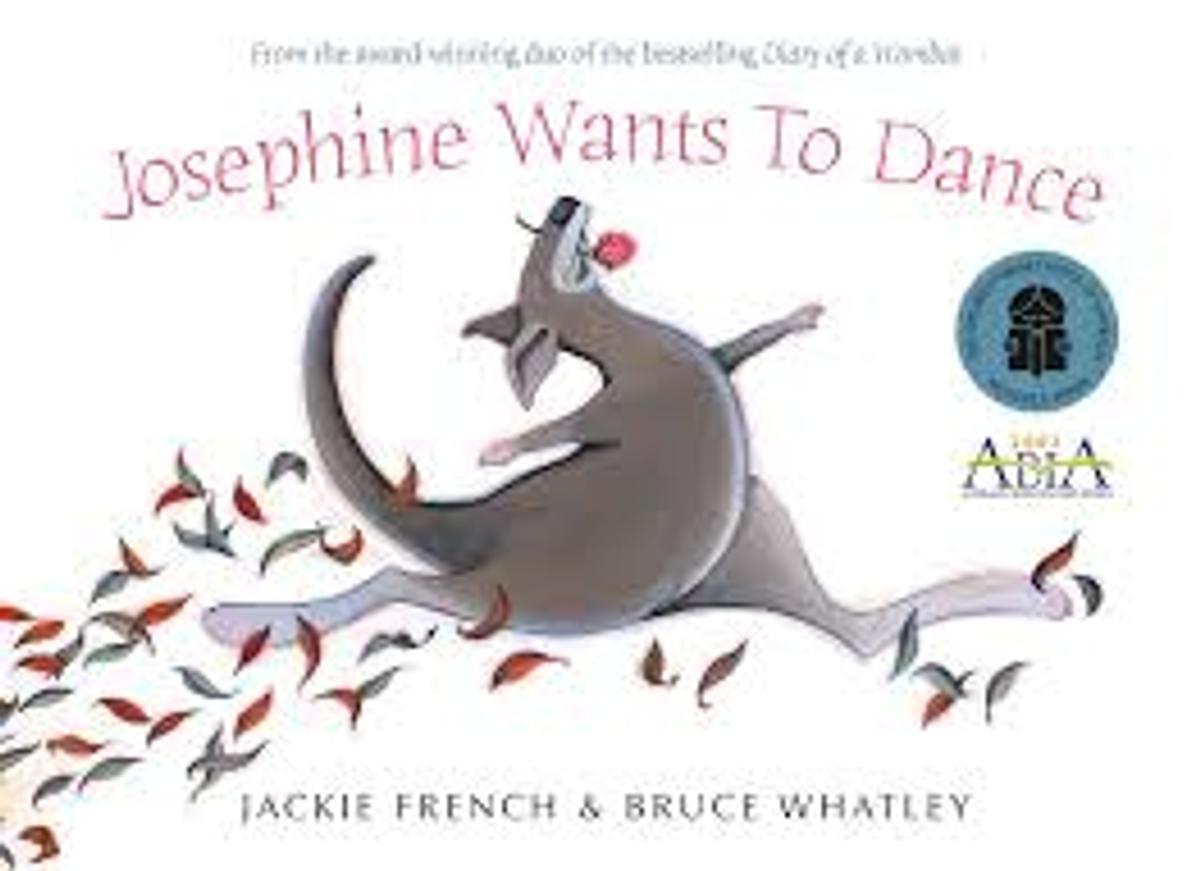
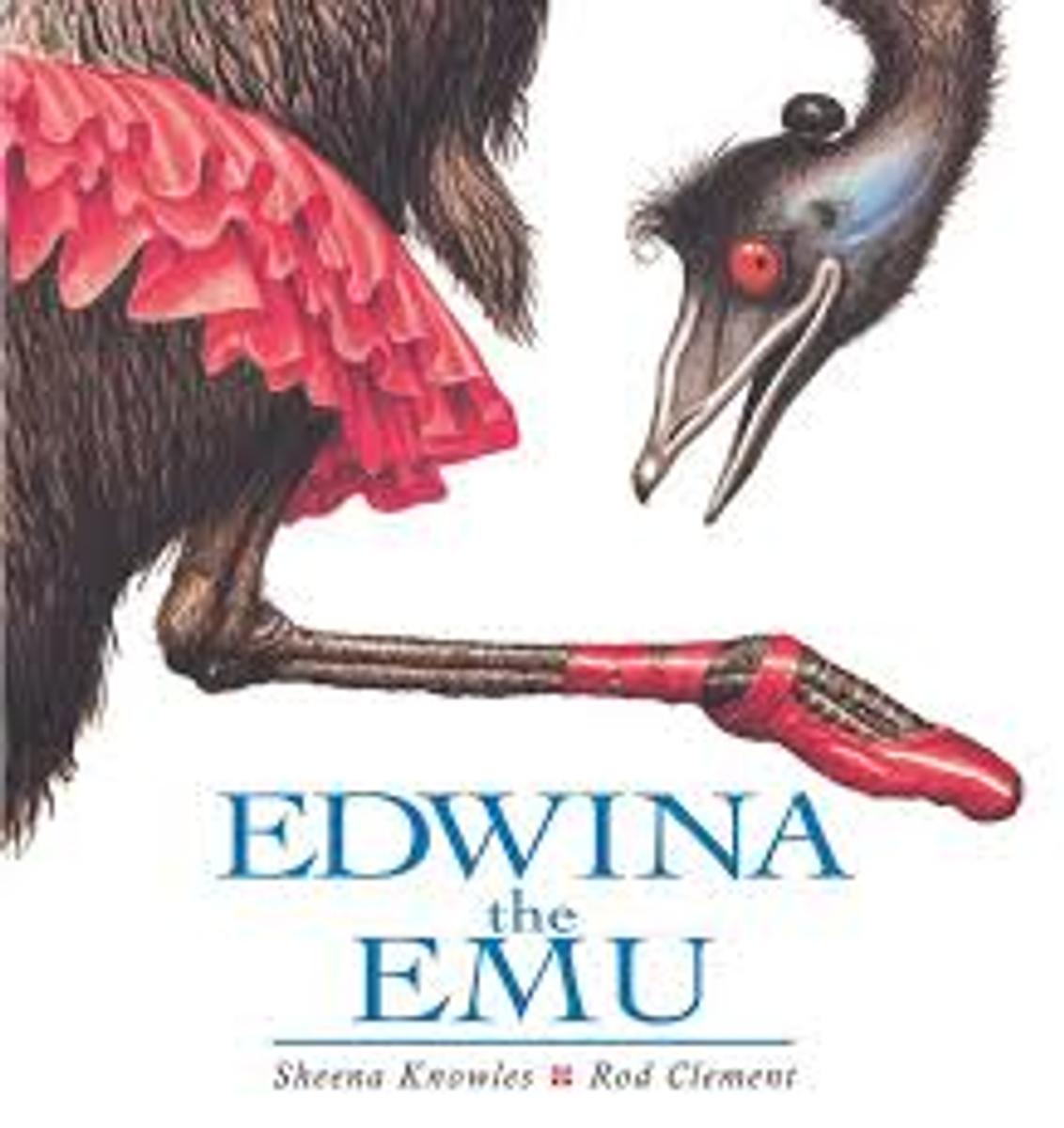
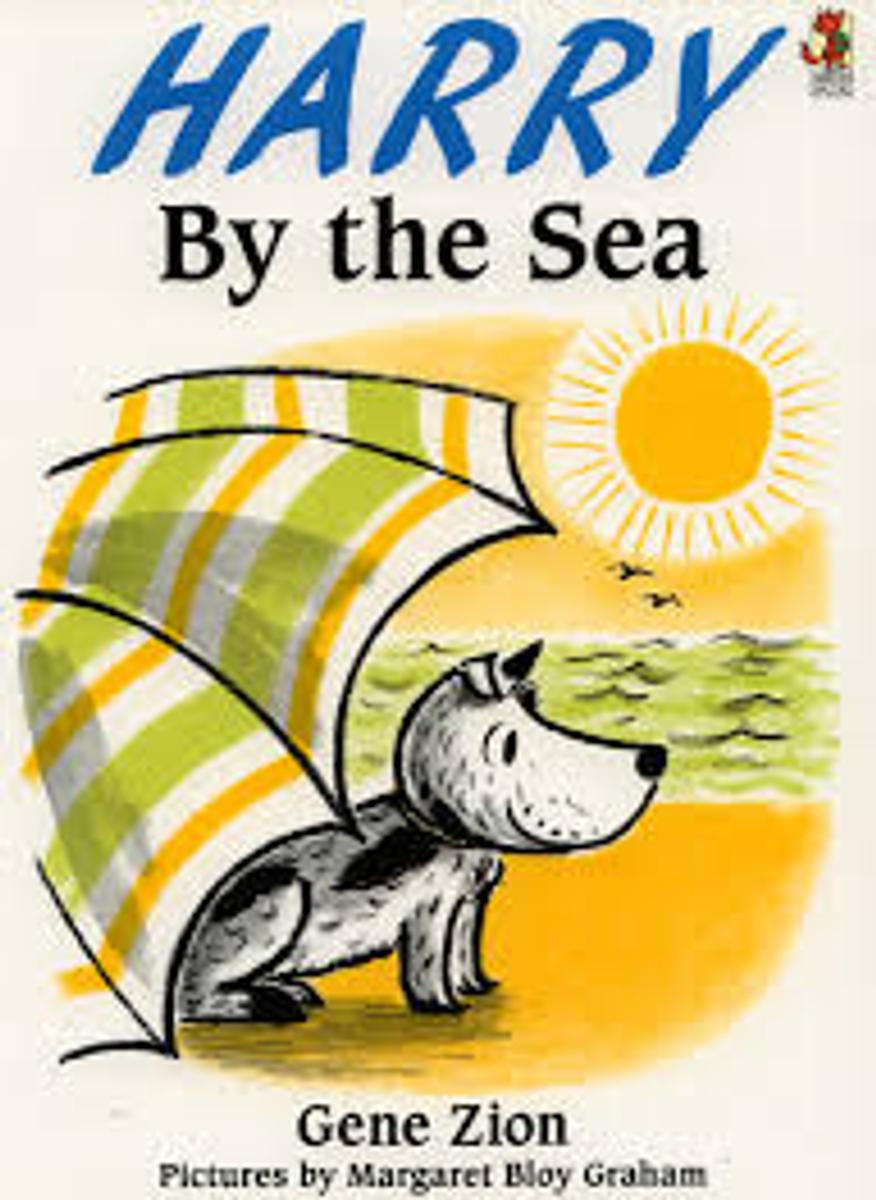
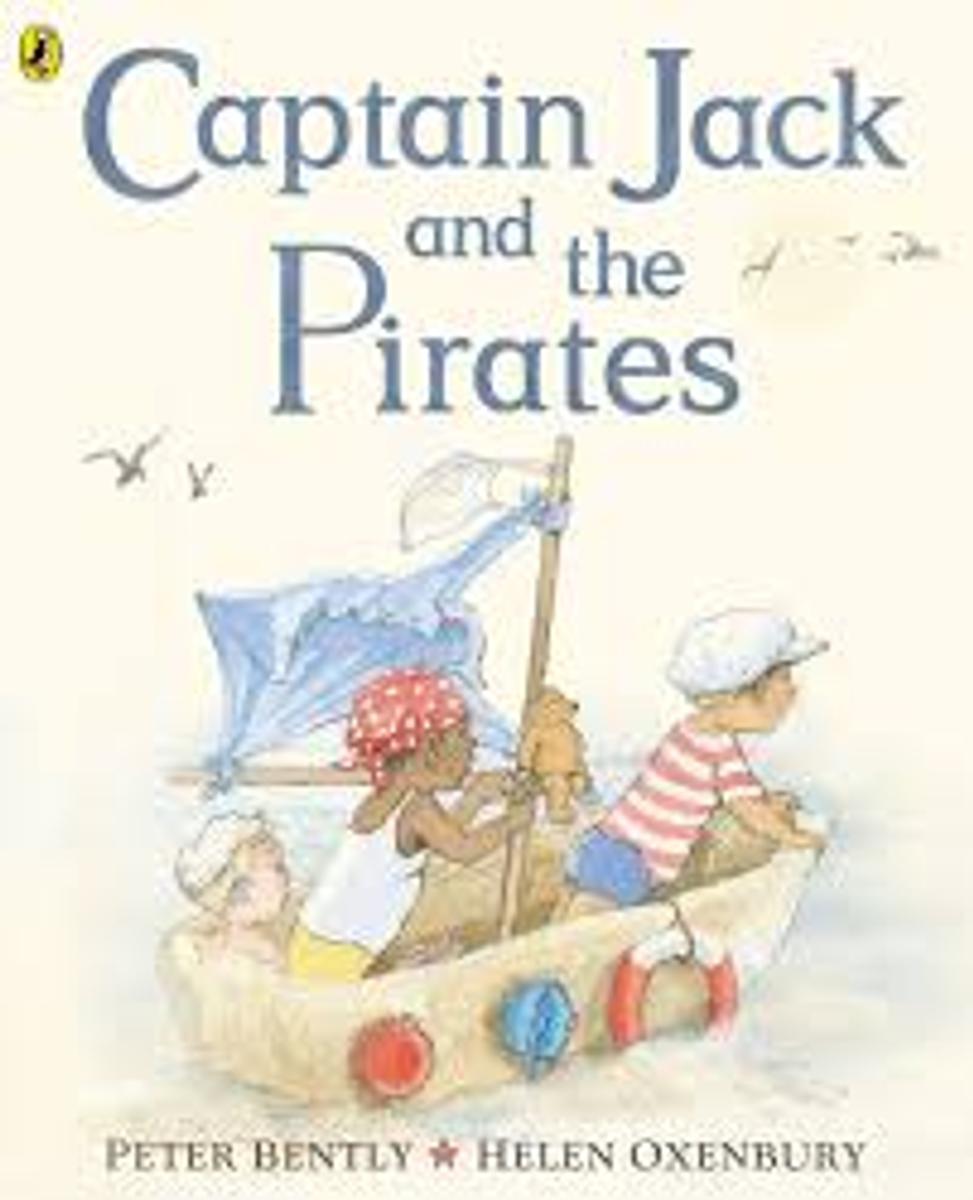




In our writing unit, students will explore the important role of characters in stories. They will learn how authors and illustrators create characters using words, pictures, and music. Students will identify how characters can reflect their own experiences, and they will compare characters from different texts. They will discuss how characters can make them feel. By looking at language and actions, students will understand how characters invite different feelings from readers. They will have opportunities to create and recreate characters from texts, showing what they have learned about character traits. This unit encourages students to think about how characters help us understand our world.
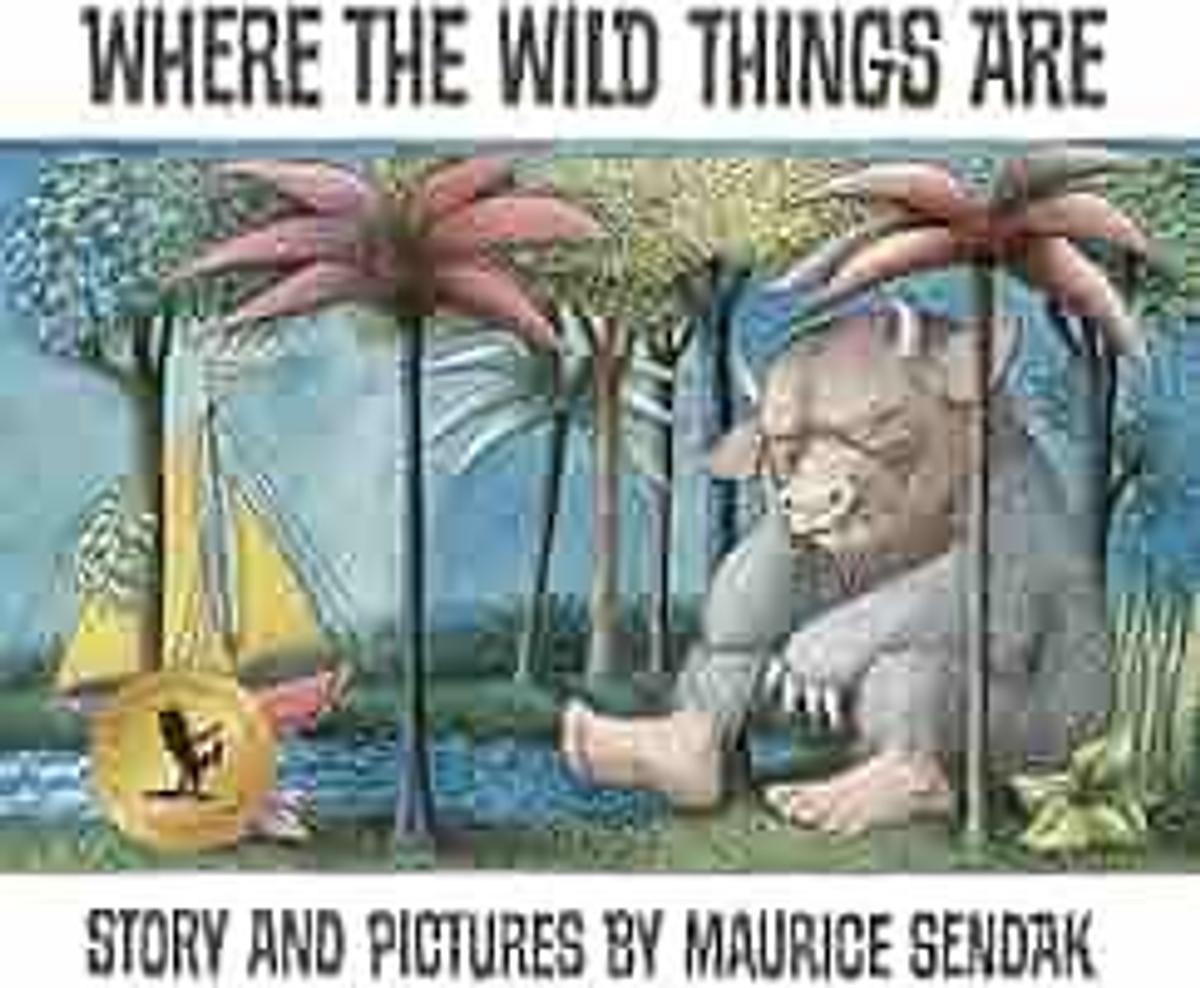
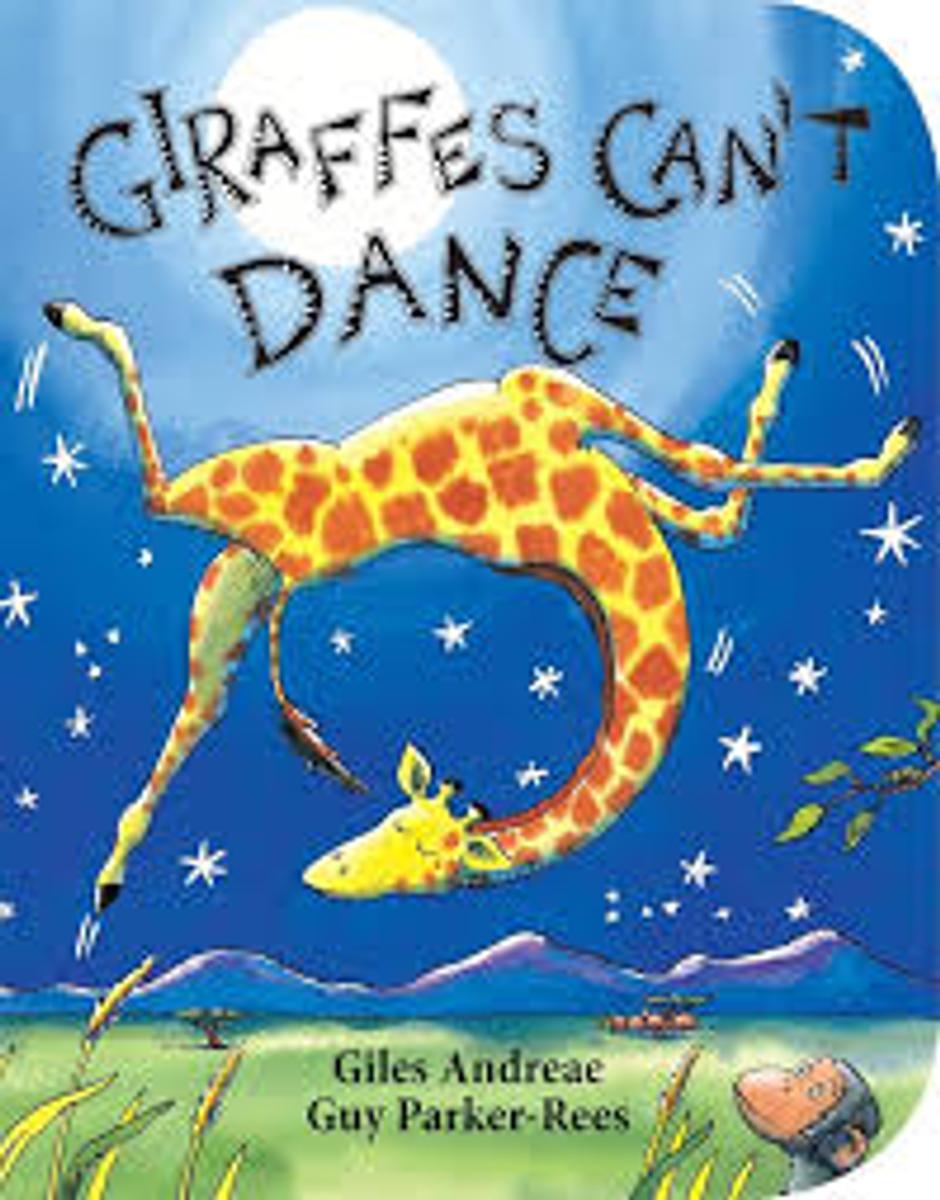
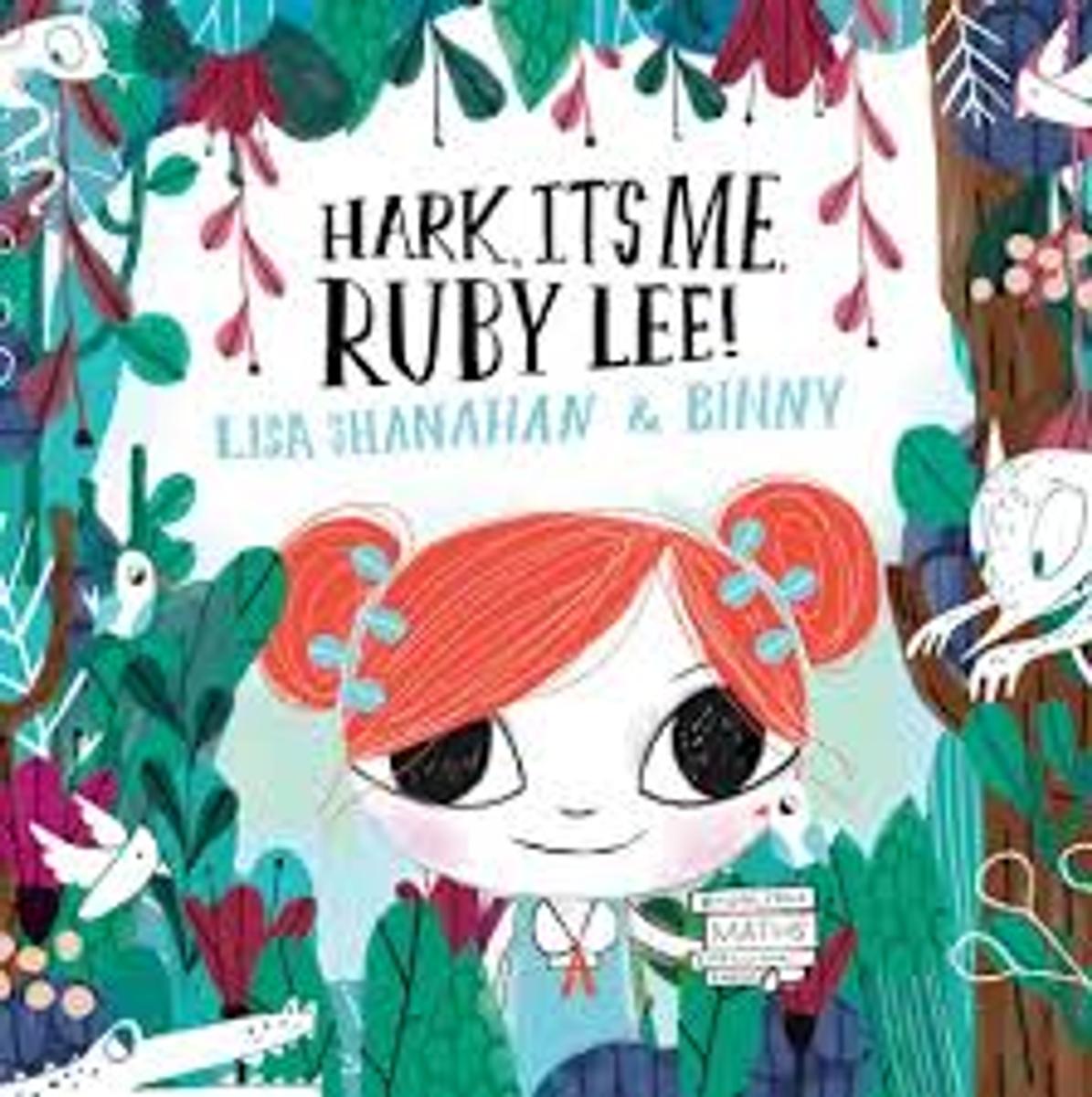
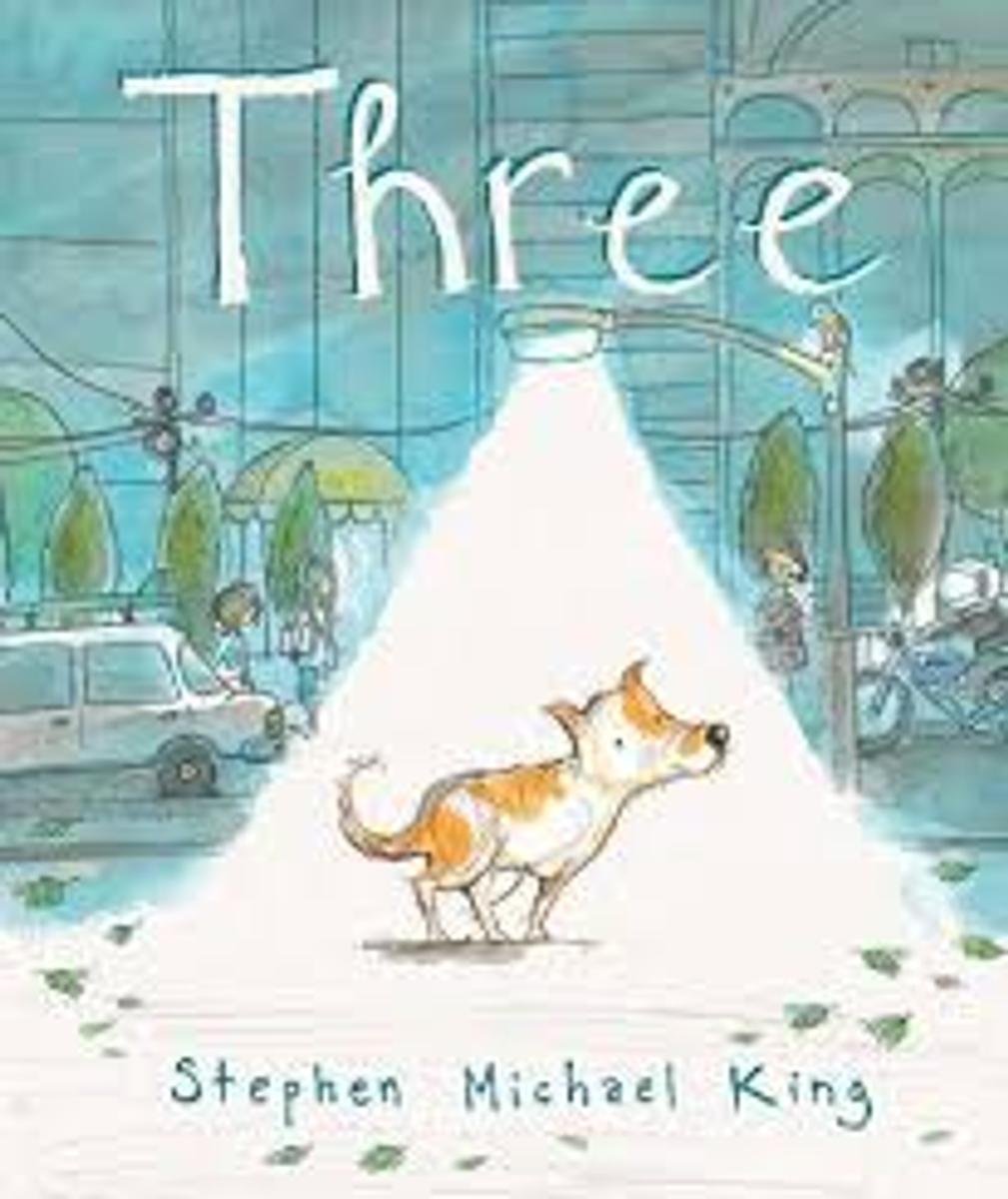




This term, we will explore a variety of mathematical concepts. Our lessons are designed to combine explicit teaching with independent activities tailored to each student's needs, ensuring challenging and engaging learning experiences.
Weeks 2-4: Representing Whole Numbers, Data, and Chance
In this cycle, students will explore counting by ones and tens, recognising numbers before and after three-digit numbers, and identifying the nearest multiple of ten. They will learn to group numbers using models and understand place value in three-digit numbers. Additionally, students will engage with activities involving chance and create and interpret data displays through graphs and tables.
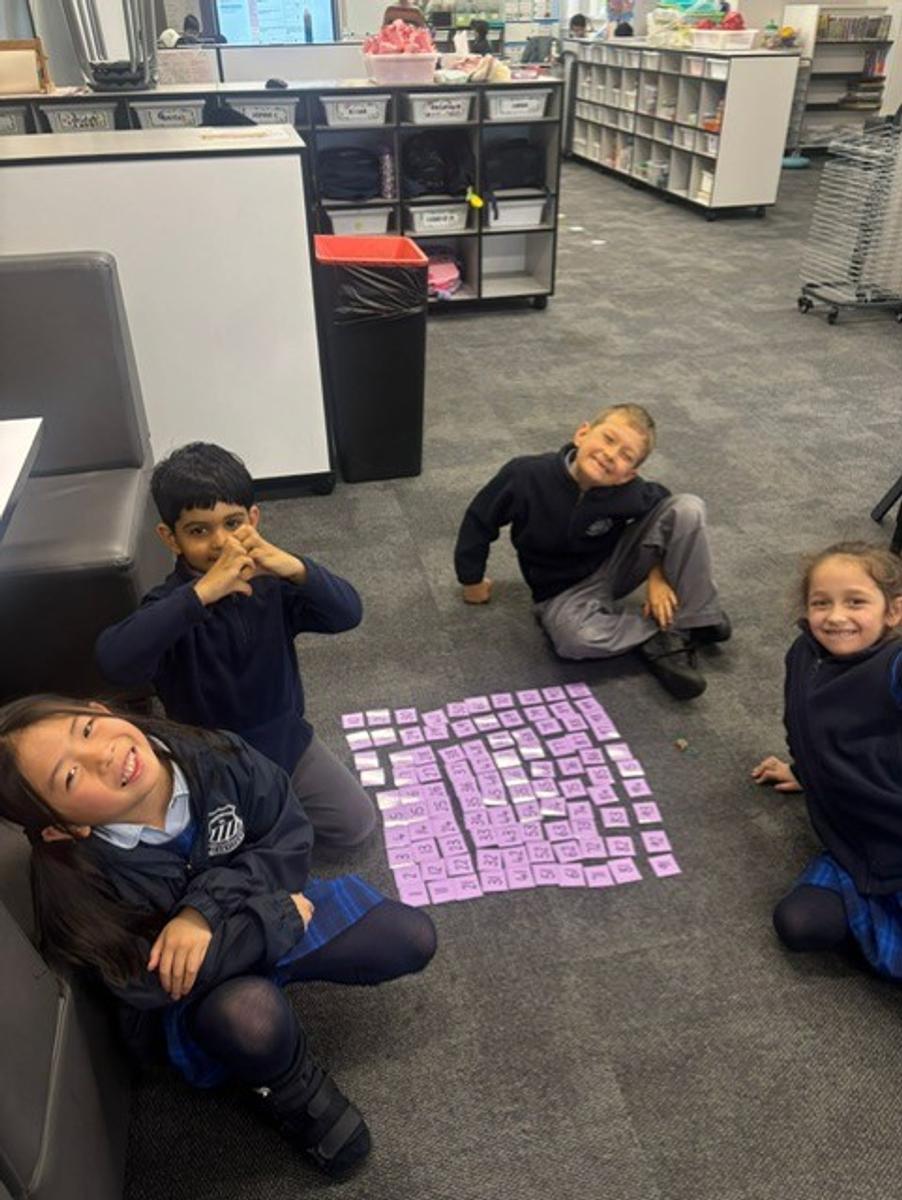
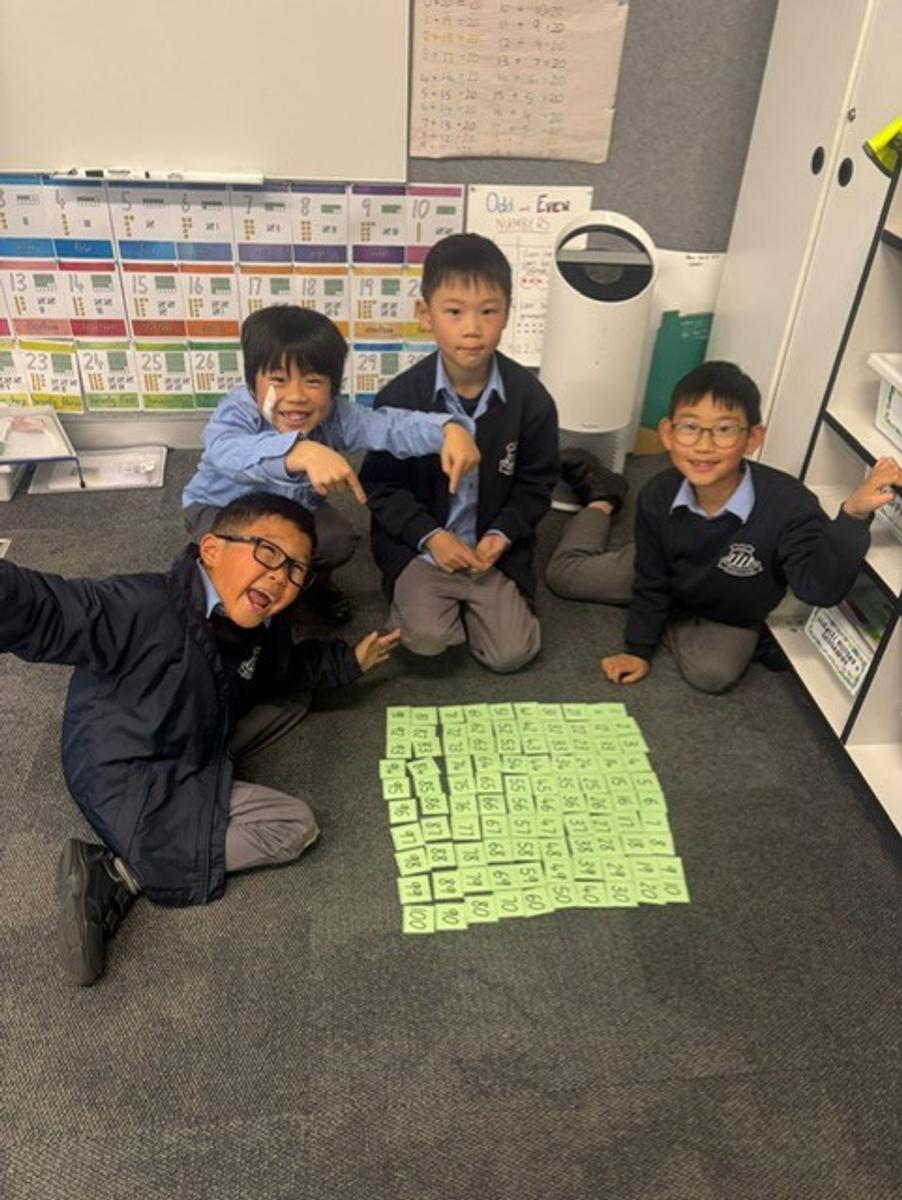
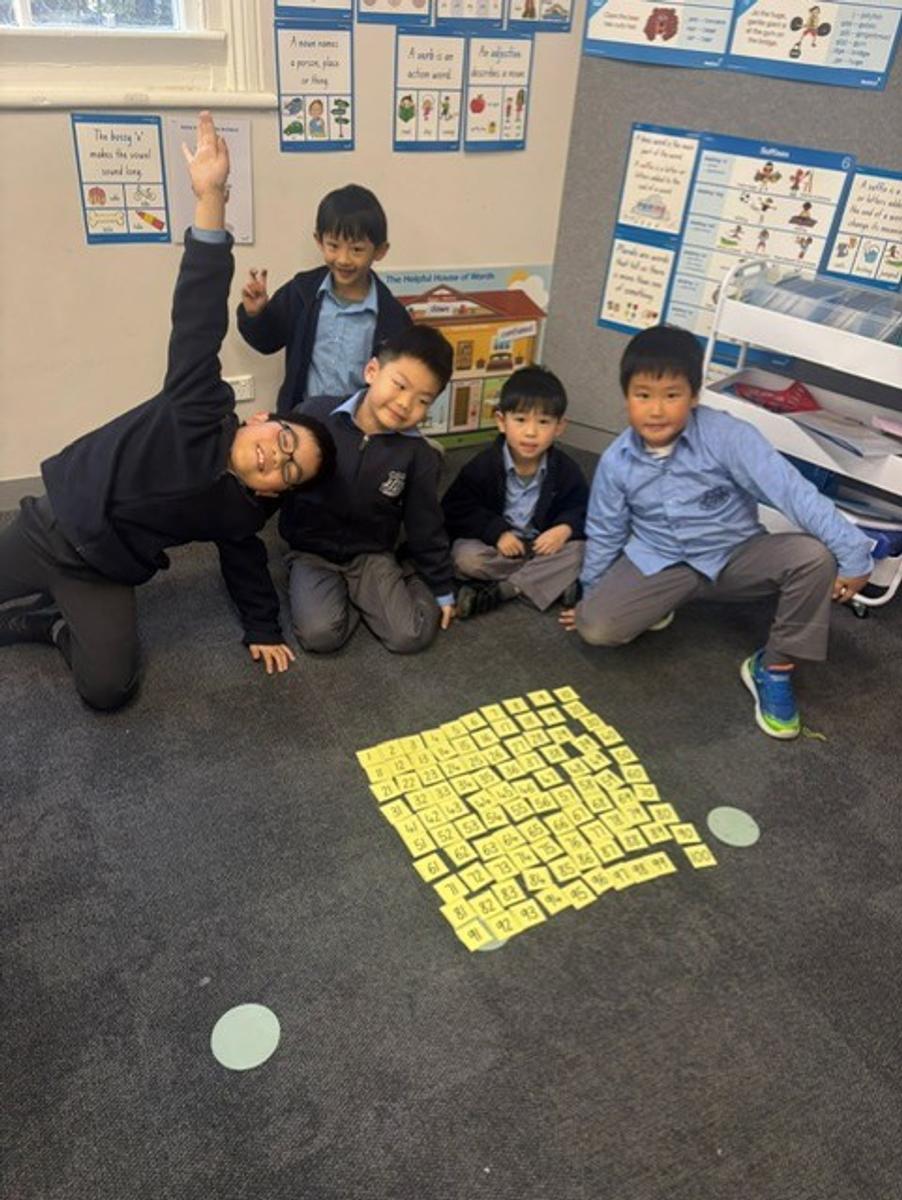



Weeks 5-7: Combining and Separating Quantities, Length
In this cycle, students will use the equals sign to record addition and subtraction. They will learn about number bonds and understand that when solving addition problems, the order of numbers can be changed, but the answer will still be the same. Additionally, students will measure and compare lengths using metres and centimetres, practicing estimation and recording measurements. They will also use informal units to compare the lengths of objects.
Weeks 8-10: Forming Groups and Three-Dimensional Spatial Structure
In this cycle, students will explore multiplication by creating and counting equal groups, using arrays, and understanding repeated addition. They'll also learn to measure area with informal units and identify 2D shapes' orientation through full, half, and quarter turns. This hands-on approach helps build foundational skills in multiplication, area measurement, and spatial awareness.
This term in history, students will explore how family life has changed over time and what has stayed the same. They will learn to use historical terms to talk about their own families and compare their lives with those of their parents and grandparents. Students will look at differences in family structures and roles today, and how these have changed over the years. They will create family trees and Venn diagrams to show similarities and differences, and they will also interview family members to learn about family traditions, leisure activities, and how communication has changed. Through photographs and stories, students will investigate how daily life for them is different from or similar to the lives of their parents and grandparents. This unit will help students understand their family history and the changes that have happened over time.
In our science program this term, Stage 1 students will explore the fascinating world of energy, focusing on light, sound, and heat. They will learn to identify different forms of energy around us and discover how we can sense and produce them. Students will engage in hands-on experiments, including creating rain makers, drums, and shadow puppets, to investigate how energy works in our everyday lives. They will observe, ask questions, and collect data to communicate their findings and compare ideas with their peers. Additionally, students will use various materials and tools to develop solutions and solve problems, while also learning about digital systems and how data is represented. This unit will encourage curiosity and creativity as students discover the science behind the energy that surrounds us!
In PDH, the Second Step program teaches children important skills for getting along with others and doing well in school. It also helps our school be a safe, respectful place where everyone can learn. To further help our school be a safe and respectful place, we are also going to use the Second Step Bullying Prevention Unit. In the lessons, your child will learn specific skills to help stop bullying. Students will learn how to:
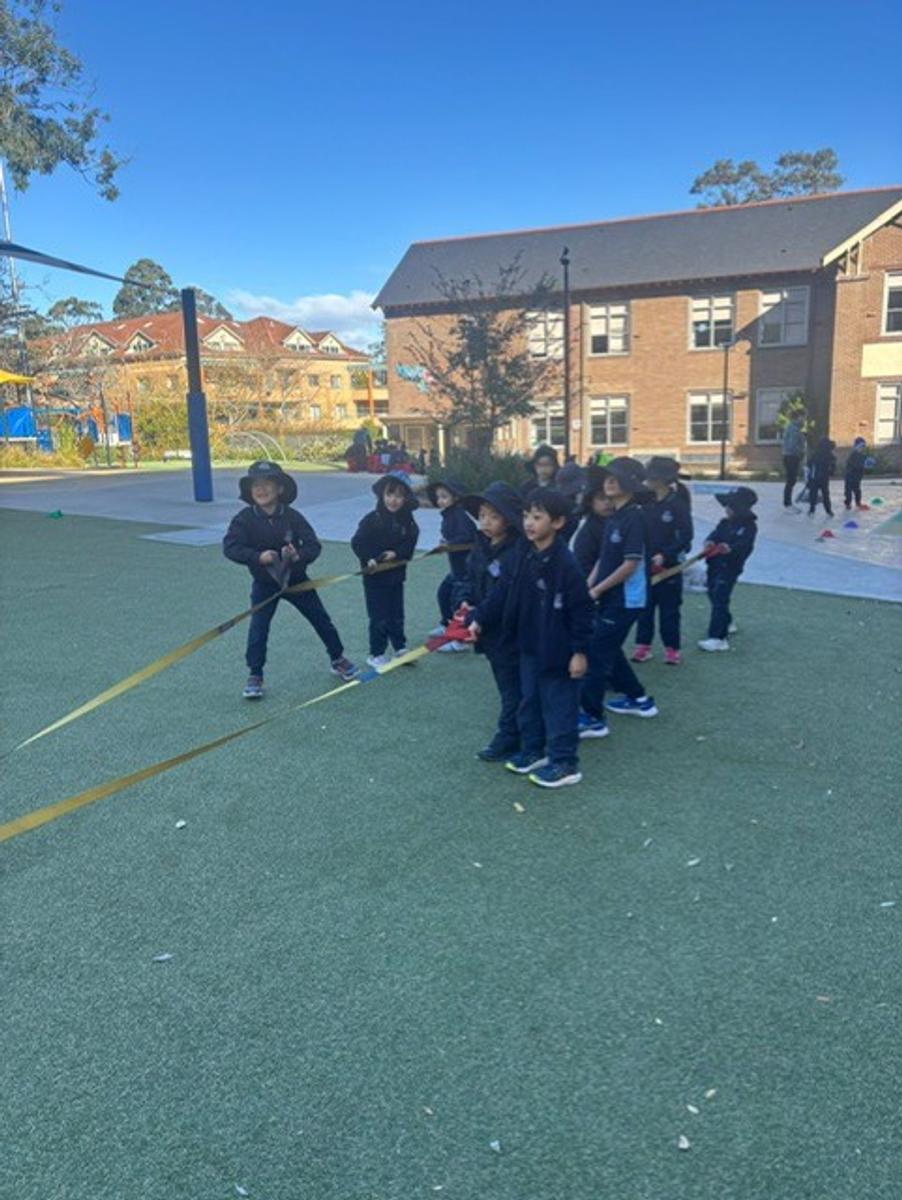

In PE, our Sports in Schools Australia Gymnastics program places a strong emphasis on fun and fitness, allowing children of all levels of skill and fitness to participate. Through this program, students explore the different ways the body can move, with an emphasis on the dominant movement patterns approach involving:
Students progress to exploring movement and how it can be manipulated to perform specialised skills such as:
In drama lessons, students will explore the three fundamental elements of drama, including character, plot, and theme, and implement them in storytelling techniques through games and scripted role-play.
In visual arts, students will design their own characters and illustrate them using watercolour techniques. In art theory, they will study the artist Henry Matisse while learning about the colour wheel and the art technique of pointillism, where small dots of colour are used to create an image.
Mandarin
In Term 3, Stage 1 students will learn to identify and appreciate traditional costumes in China. They will learn to name different clothing items in Mandarin and describe them using colours and sizes. Students will also practise expressing their personal preferences, including likes and dislikes, about clothing. Those with prior knowledge will be extended by learning to write longer descriptive sentences in Hanzi.
Korean
In Term 3, Stage 1 students will learn about cultural celebrations in Korean culture. They will explore types of major celebrations, cultural foods, and also have the opportunity to participate in playing traditional games.
In Term 3, Stage 1 students will learn Korean through the history program. They will explore their understanding of change and continuity in family life. Students will investigate similarities and differences in past and present daily lives. They will communicate in Korean using key grammar structures to explain their family activities, events, and celebrations.
This term, students will participate in InitiaLit Storybook lessons during library time. The books will provide opportunities for students to learn and use new words, improve their listening comprehension, and develop a love of literature.
Students may borrow up to two books a week in Stage 1 and can borrow from junior fiction, fast fiction, and junior non-fiction. All students must have a library bag to borrow books. A library bag is any kind of protective bag that covers the books to and from school, so please use no disposable paper or plastic bags. Students may loan books from the library for two weeks at a time.
Throughout the term, students working on all phases of English as an Additional Language or Dialect will continue to be supported in their classrooms by specialist teachers and classroom teachers. Each program of learning content provides differentiated instruction and activities for all students to achieve progress in their learning.